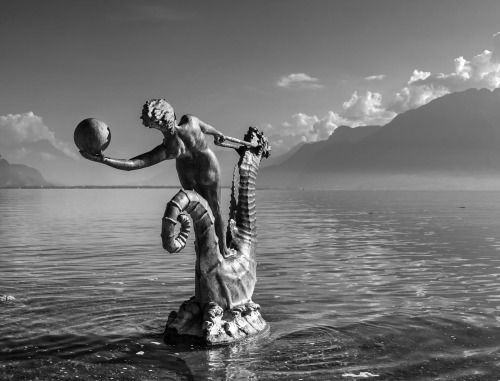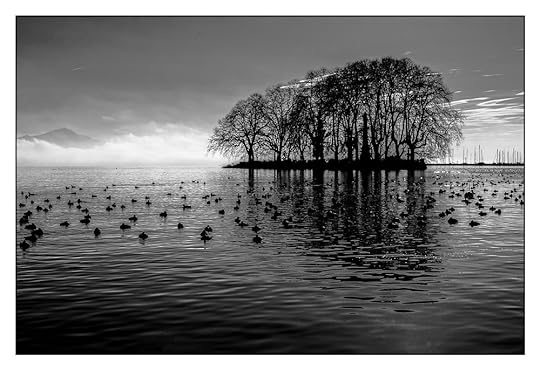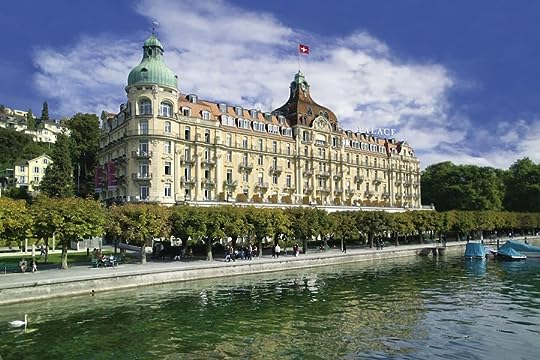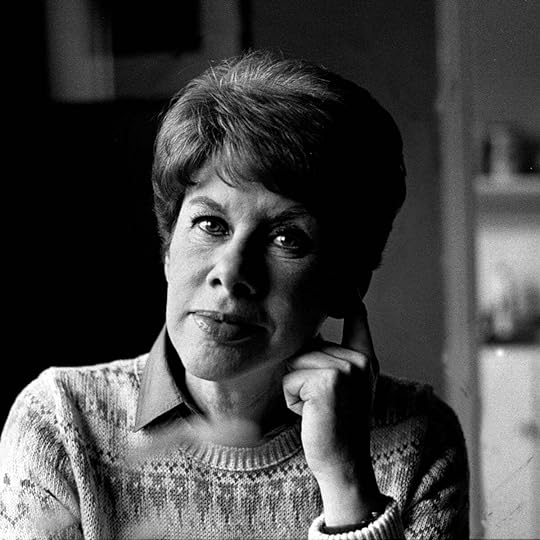What do you think?
Rate this book


184 pages, Paperback
First published September 6, 1984






The company of their own sex, Edith reflected, was what drove many women into marriage.
‘My idea of absolute happiness is to sit in a hot garden all day, reading, or writing, utterly safe in the knowledge that the person I love will come home to me in the evening. Every evening.’
She bequeathed to me her own cloud of unknowing. She comforted herself, that harsh disappointed woman, by reading love stories, simple romances with happy endings. Perhaps that is why I write them.

